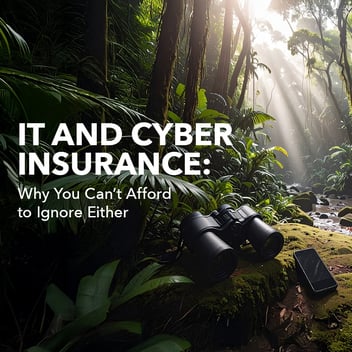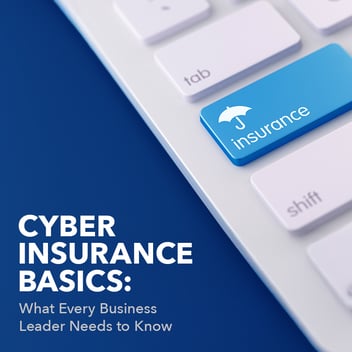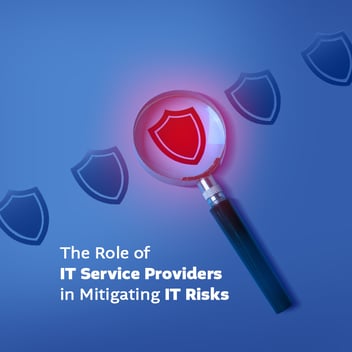Mitigate Security Risks to Your Medical Practice
Is your medical practice safe from hackers? With all of the requirements that are put on medical providers, thanks to the Health Insurance Portability and Accountability Act (HIPPA), you need to be extra careful when it comes to securing your patients’ data. What sort of steps should you be taking to ensure that this is happening? Here are some suggestions.
Adherence to Policies and Procedures
HIPPA outlines very specifically what policies and procedures you should be following when it comes to your patients’ record keeping. In order to remain complaint, you should be looking to ensure that all of your office staff are following the policies and procedures correctly. This includes things like ensuring that data is only released to people authorized by the patient to view it. Even in cases where it may seem alright to violate this policy, your staff must know to stand their ground.
Another area to watch is proper documentation and document retention. Having signed forms to show who is able to see a patient’s records ensures that there is no ambiguity when it comes to their release. And of course, having those records accessible helps as well.
Close adherence to HIPPA policies and procedures are a good first step on the road to security.
Keep Your Tech Up to Date
Where do you store all of your records? Are they printed out and stored in filing cabinets? Probably not. This means that all of your electronic records may be vulnerable to nosey hackers looking to get some personal information of their own.
Make sure that everyone who has access to your recordkeeping software is using good password construction. This means having strong passwords of at least 8 characters in length.
Along with strong passwords, having your data encrypted can help in a case where it is stolen. Using the right set of encryption can make it nearly impossible for a hacker to access the data, as well as deter them from taking it at all. Most hackers are going to leave encrypted data to look for an easier target.
Finally, your data is only good if you have it. If you are not backing it up regularly, you are at risk of losing everything about a patient in one quick stroke of a key. You should have regular backups performed and test them to make sure that they can be properly recovered.
Physical Security
Are your paper records locked up at the end of the day? What hardware are your employees allowed to attach to the network? Are there alarms in your office in case of a break in?
Security in the cyber world is important, but don’t lose sight of the importance of physical security as well.
Let US Computer Connection Help Your Medial Practice with IT Support and Services
If you or your IT staff needs help from security consulting professionals, contact US Computer Connection today. We can help with any security implementation or questions you might have.



